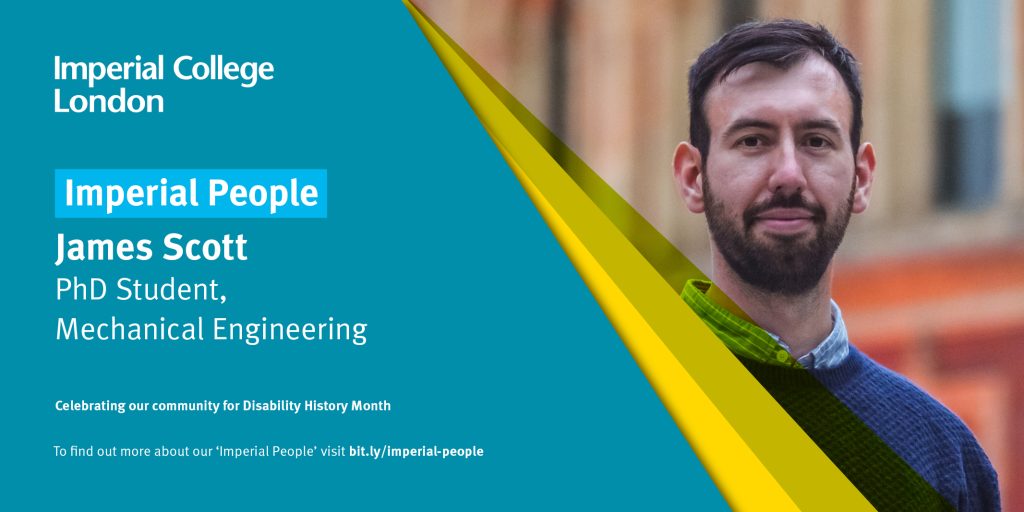“I believe my dyslexic strengths have benefited my research approach.”
Since being diagnosed with dyslexia from a young age, my perception of dyslexia has changed throughout my education and professional life. At school, I struggled with learning and found reading and speaking in public uncomfortable. I found school life most challenging during exam periods, where I would spend months trying to learn and then struggle to recall the information in a time pressured exam.
I saw dyslexia as a limitation, a reason why I could not perform to the same ability as my peers. For me and many other dyslexics, the difficulties I experienced in learning and struggles I had in demonstrating my knowledge would affect my self-esteem and made me doubt whether university would be an option.
In 2012, I was offered a place at the University of Sussex to study Mechanical Engineering. It was in coursework-based modules and my final year project that I felt able to fully demonstrate my ability. After graduating, I worked as a Design Engineer, developing new medical and scientific devices from concept to production. I was now working in a field that I enjoyed, and no longer felt that being dyslexic was a limitation.
After a few years, I decided to return to university. I applied to Imperial to do a research master’s and ended up staying to do a PhD. I started networking with other dyslexic staff and students and realised the importance of promoting a ‘neurodiverse’ research environment. Neurodiversity is a term used for people who think differently and includes many learning difficulties such as dyslexia. Neurodiversity looks beyond a person’s difficulties, and instead promotes the unique strengths that come with thinking differently.
I started my PhD in the Biomechanics Group in the Mechanical Engineering Department in 2021. My research involves looking at how 3D printing can be used to improve implants in the knee. I am driven by the possibility that my research could improve healthcare for many people suffering with joint problems. I believe my dyslexic strengths have benefited my research approach.
For staff and students looking to learn more about neurodiversity, I’d encourage them to join ‘Neurodiversity in Albertopolis’, a community of staff and students in the South Kensington area that hosts inspirational discussions and events around neurodiversity.
